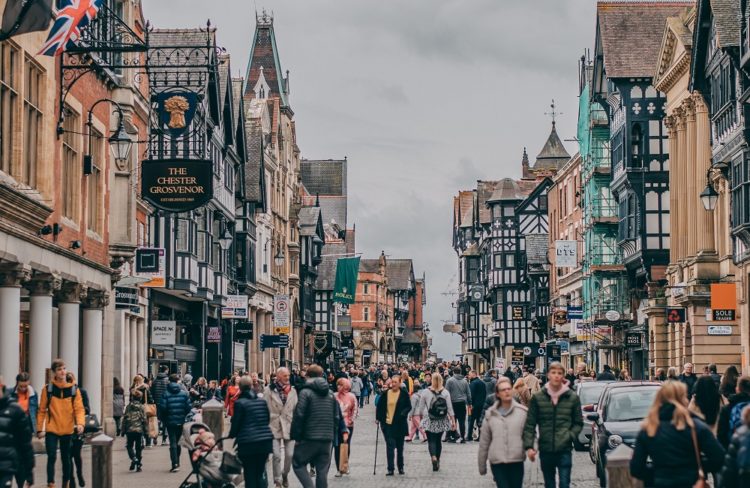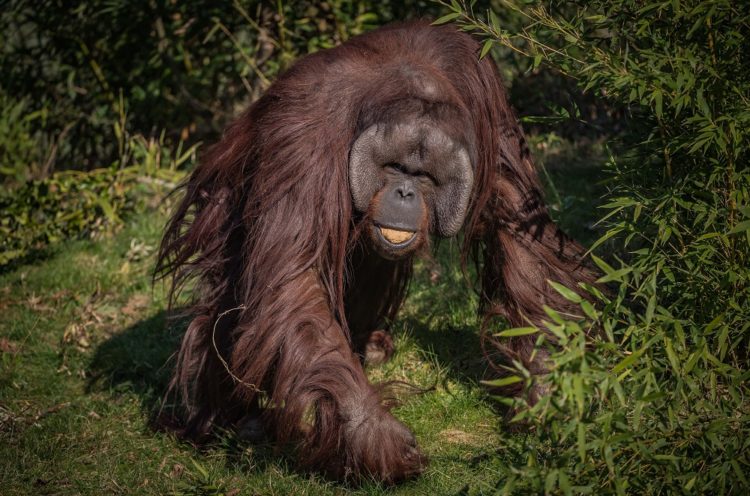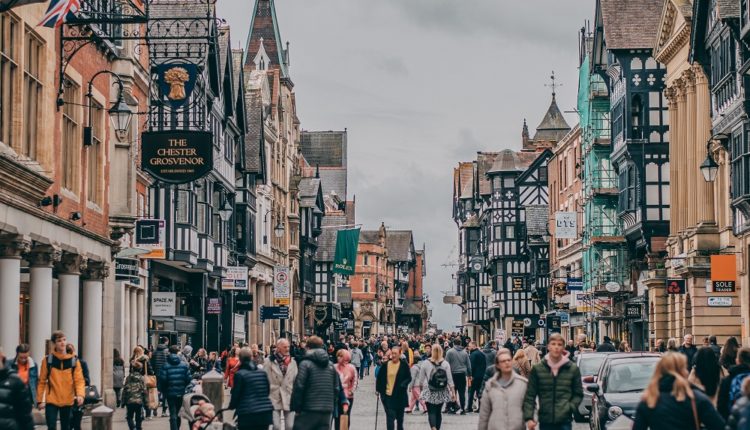Chester becomes the world’s first ‘Sustainable Palm Oil City’
Thanks to a campaign spearheaded by conservationists at Chester Zoo, more than 50 organisations in the city have revolutionised their supply chains and committed to sourcing palm oil

Chester has become the world’s first ‘Sustainable Palm Oil City’ thanks to the efforts of conservationists at Chester Zoo.
More than 50 organisations in the city have revolutionised their supply chains and committed to sourcing palm oil – a vegetable oil used in thousands of household products from food items to cleaning materials and cosmetics – from entirely sustainable sources.
Oil palm plantations are causing widespread habitat destruction in South East Asian rainforests, pushing iconic species such as orangutans and tigers to the edge of extinction.
Sustainable alternatives
But now, under the guidance of conservation experts from the Zoo, an unprecedented collaboration of businesses, restaurants, schools and manufacturers from across the city of Chester have united to help tackle the crisis.
The organisations involved have removed unsustainable products from their supply chains, switching to sustainable alternatives and have made time-bound pledges to use only 100% sustainable palm oil products.
Conservationists believe Chester’s achievement in becoming the world’s first Sustainable Palm Oil City is a significant step towards preventing further rainforest destruction in tropical regions.

Major moment
Cat Barton, field programmes manager at Chester Zoo, said: “This is a major moment in the fight to save orangutans and other wildlife from extinction.
“A vast array of species are under threat and on the brink of being lost forever, because oil palm plantations are wiping out rainforests to produce the food and household items we all consume every day. But it is not too late. By embracing a more sustainable future, we can stop this crisis.
“The fact that more than 50 organisations in one city alone have made changes to the products they use – and committed to a 100% sustainable future – shows that the tide is turning.”
Alternative supply
Conservationists have long advocated that fully sustainable palm oil is the only viable solution to the extinction crisis. If consumers and organisations were to stop using palm oil, an alternative supply would need to be found for the global demand for edible vegetable oils.
Because other oil crops – such as coconuts, soya, olives, sunflowers and maize – are less productive per square kilometre, even more land would need to be converted to agriculture.
Chris Matheson, MP for the City of Chester, said: “I know how much work the zoo has put into achieving their ambition of creating the first Sustainable Palm Oil City in the world, and I am really excited about the future of this campaign.
The initiative has been supported by a host of industry advisors such as the Roundtable on Sustainable Palm Oil, as well as palm oil sustainability consultants Murdoch Associates and Efeca.

